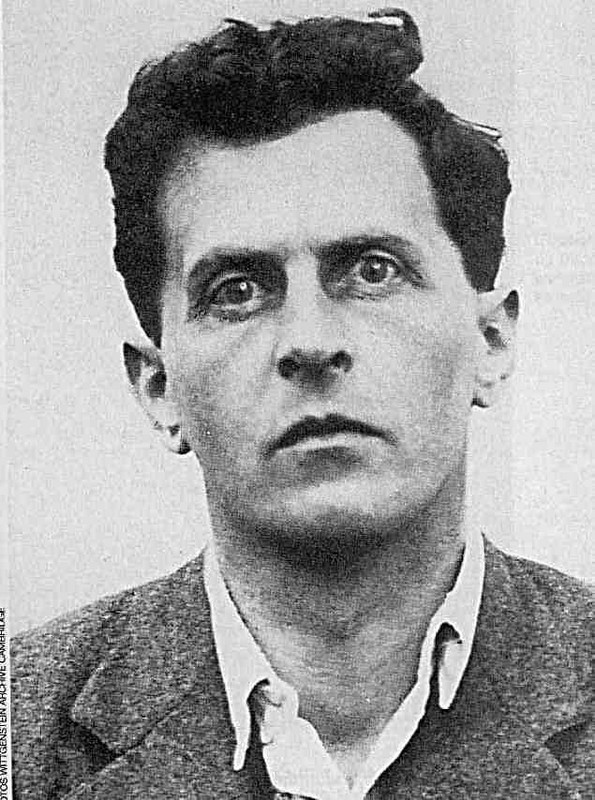27TH LECTURE AT THE GRAMSCI MONUMENT, THE BRONX, NYC: 27TH JULY 2013 THE SUBJECT OF PHILOSOPHY MARCUS STEINWEG

Ludwig Wittgenstein
In On Certainty from 1949-1951, Wittgenstein showed that there is no reasonable ground not to put one's trust in what is groundless. The language game and the way of living on which our social and scientific evidence is based are without ground. They themselves cannot be grounded in reason. They reach into the groundless abyss. And therefore human beings are left with no other choice than to put their trust in this doubtful certainty which is indubitability itself. Indubitability is dubitable. It is a kind of problematic evidence. Like an invisible veil, it has laid itself over the abyss of chaos and namelessness. One could say that it merges with chaos since it is so inconspicuous, so efficient.
"When philosophizing," Wittgenstein writes, "one has to climb down into old chaos and feel well there". In philosophizing, the human subject touches chaos, the non-ground. It maintains an at least problematic contact with it. To feel well in chaos can mean nothing other than to integrate the uncanny, the incommensurable and unviable dimension which it represents into one's way of living. To feel well in chaos is tantamount inhabiting an uninhabitable region or, assimilating oneself to that which is most disturbing. That is the determination of philosophy which Deleuze and Guattari give when they say that "it is always a matter of overcoming chaos with an intersecting plane that traverses it". One inkles how much courage and high spirits (courage can only exist as high spirits) it requires to climb down into the non-ground of chaos in order to erect a plane of evidence over it, for it is a matter of acknowledging the power of chaos whilst minimizing its destructive power for the subject.
Chaos is also the name for the infinitude which death is as absolute destruction. To touch chaos means to give space to this destruction in one's thinking and life. The finite subject is only a subject insofar as it extends itself to the dimension of infinity. It is life related primordially to death. It juts out into the space of infinity. Because this is the case, it is a matter of giving the uncanny dimension which death is the status of something self-evident, of taking the non-evidence of death as evidence in order to affirm one's self as a finite subject, for it is this finiteness which lives and bears the infinity which death is. It is not the subject that is infinite, but death. But this infinity only exists for a finite subject. The subject that touches chaos comes back from chaos as if from the "land of the dead". It moves along a border that separates the sphere of life from the non-world of death — between language and silence, finitude and infinitude, knowledge and truth, life and death.
